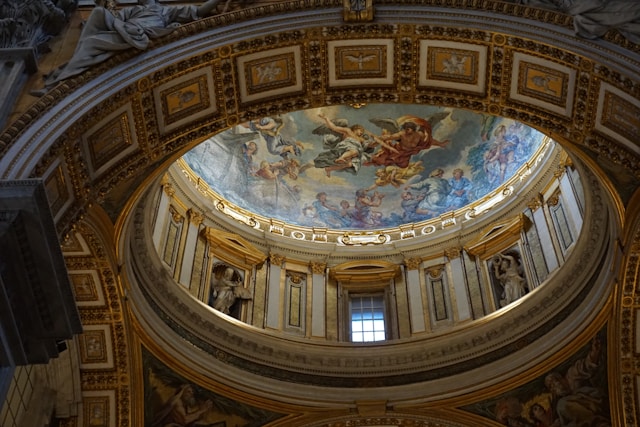Your cart is currently empty!
Antioch Missionary Baptist Church: A Historical and Spiritual Haven

Introduction
Nestled in the heart of historical Atlanta, Georgia, Antioch Missionary Baptist Church stands as a testament to the enduring legacy of African American faith and community. A beacon of spiritual guidance, social justice, and cultural preservation, Antioch has played a pivotal role in shaping the lives of countless individuals and the city’s tapestry since its inception in 1837.
Historical Roots
The origins of Antioch Missionary Baptist Church can be traced back to a small group of enslaved African Americans who gathered in secret to worship and seek solace. In 1837, they acquired a plot of land on Auburn Avenue and established their first church building, a humble log cabin. The church’s name, Antioch, was inspired by the biblical city in Syria where the early Christian community flourished.
Antebellum and Civil War Era
- Antioch played a vital role in the abolitionist movement and the Underground Railroad, providing safe haven and support to escaped slaves.
- The church’s pastor, Rev. Thomas B. Gould, was a prominent advocate for the end of slavery and civil rights.
Reconstruction and the Jim Crow Era
- After the Civil War, Antioch became a center for African American education and political activism.
- The church established a school for freed slaves and was a stronghold for the Freedmen’s Bureau.
- Despite the challenges of Jim Crow segregation, Antioch remained a vibrant and influential community nexus.
The Martin Luther King Jr. Legacy
Antioch Missionary Baptist Church holds a special place in the history of the civil rights movement. It was the spiritual home of the iconic leader, Dr. Martin Luther King Jr., from 1960 until his assassination in 1968.
Dr. King’s Ministry at Antioch
- Dr. King delivered numerous sermons from the pulpit at Antioch, inspiring a generation with his message of nonviolent resistance and social change.
- The church served as a meeting ground for civil rights leaders and activists, including Rosa Parks, Ralph Abernathy, and Andrew Young.
Antioch’s Role in the Movement
- The church was the starting point for the Selma to Montgomery marches in 1965.
- Antioch hosted the Southern Christian Leadership Conference (SCLC), which Dr. King co-founded.
Modern-Day Antioch
Today, Antioch Missionary Baptist Church continues to be a beacon of hope and progress. Led by its current pastor, Rev. Dr. Damion Thompson, the church remains a thriving spiritual community while also addressing contemporary social issues.
Social Outreach and Community Involvement
- Antioch operates a food pantry, homeless shelter, and after-school program.
- The church partners with local organizations to provide job training, affordable housing, and healthcare.
- Antioch has established a community garden to promote healthy living and food security.
Historical Preservation and Legacy
- The church has been designated a National Historic Landmark in recognition of its historical significance.
- Antioch maintains an extensive archive of its history and the civil rights era.
- Guided tours are available to the public, providing visitors with a glimpse into the church’s remarkable journey.
Conclusion
Antioch Missionary Baptist Church stands as an enduring symbol of the resilience, faith, and community spirit of the African American people. From its humble beginnings as a clandestine gathering to its role in the civil rights movement and its ongoing social outreach, Antioch has made an immeasurable contribution to Atlanta and beyond.
As a thriving spiritual community and a living history museum, Antioch Missionary Baptist Church continues to inspire and empower generations of believers and activists. It is a testament to the transformative power of faith, the importance of preserving our past, and the boundless possibilities for a just and equitable future.
| Year | Event |
|---|---|
| 1837 | Antioch Missionary Baptist Church is established. |
| 1848 | The church builds its first permanent sanctuary. |
| 1906 | Rev. Thomas B. Gould becomes pastor. |
| 1960 | Dr. Martin Luther King Jr. becomes pastor. |
| 1965 | Antioch is the starting point for the Selma to Montgomery marches. |
| 1968 | Dr. King is assassinated. |
| 1974 | Antioch is designated a National Historic Landmark. |
| 2020 | Rev. Dr. Damion Thompson becomes pastor. |